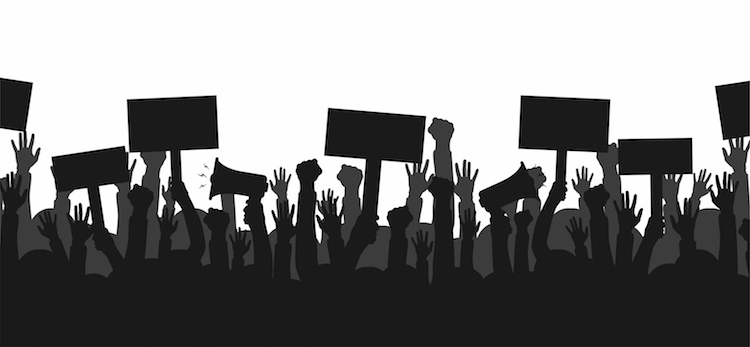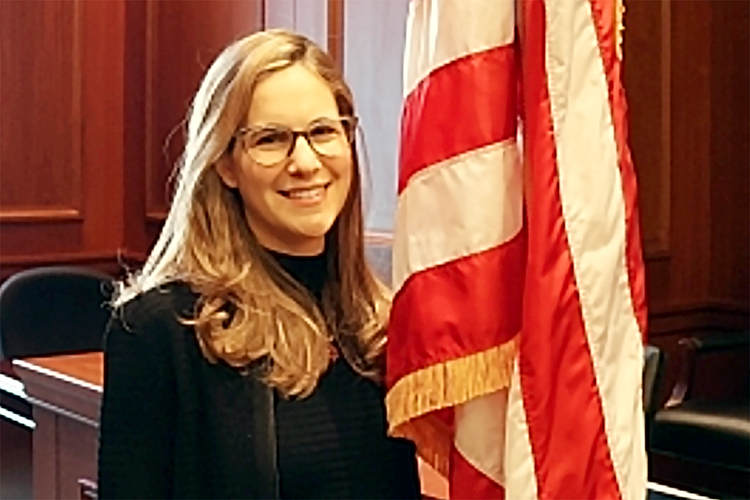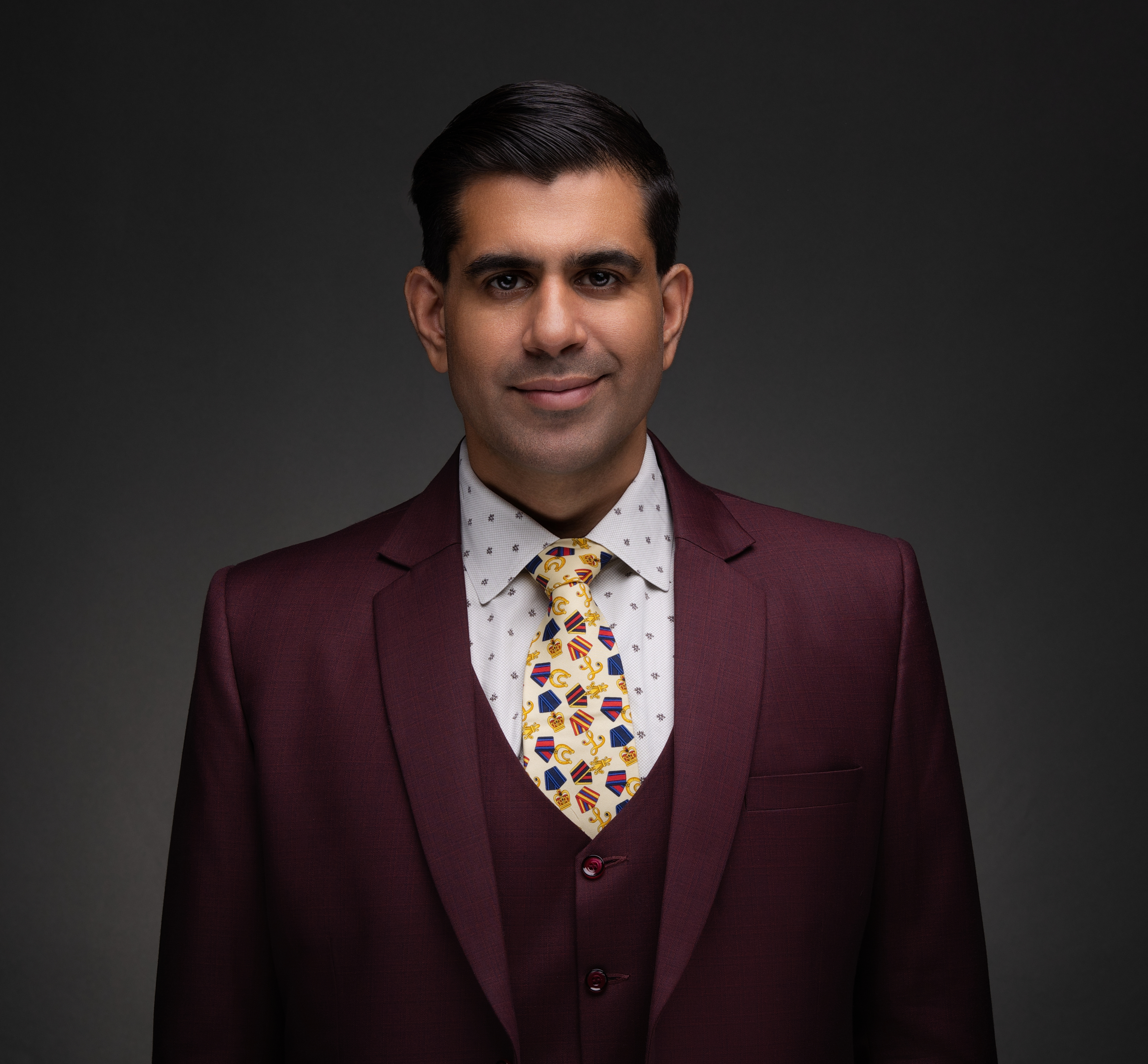4th Circuit strikes down part of federal anti-rioting law but upholds its use in Charlottesville case

Image from Shutterstock.com.
The 4th U.S. Circuit Court of Appeals at Richmond, Virginia, has struck down parts of a federal anti-rioting law while allowing the use of the remainder of the law against two protesters who committed violent acts at a 2017 rally in Charlottesville, Virginia.
In an Aug. 24 decision, the 4th Circuit held that part of the 1968 Anti-Riot Act was overbroad and a violation of the First Amendment, report Politico, Courthouse News Service and the Associated Press.
The appeals court struck down language making it a crime to “encourage” or “promote” a riot, as well as speech “urging” others to riot. But the court left the remainder of the law intact.
Writing for the panel, Judge Albert Diaz said the law “sweeps up a substantial amount of protected advocacy.” Diaz is an appointee of President Barack Obama. Other judges on the panel were Judge Robert King, an appointee of President Bill Clinton, and Judge Allison Rushing, an appointee of President Donald Trump.
The law made it a crime to travel in or use any facility of interstate commerce with the intent to “incite” a riot; to “organize, promote, encourage, participate in or carry on” a riot; to “commit any act of violence in furtherance of” a riot; to “aid or abet any person in inciting or participating in or carrying on” a riot; and to perform or attempt to perform any overt act furthering the prior purposes. The law includes a definition that bans “urging or instigating” other people to riot.
The Aug. 24 decision is the first by a federal appeals court to find that the anti-rioting law is overly broad, lawyers for the defendants told Courthouse News Service. The 9th Circuit at San Francisco is also set to consider the First Amendment issues after a federal judge struck down the entire law in a different case.
The lawyers, Lisa Lorish and Raymond Tarlton, said the ruling “has particular significance as the Department of Justice is actively using this law to prosecute individuals in the aftermath of the protests following the murder of George Floyd.”
The lawyers are “evaluating potential next steps” after the court upheld use of the law against their clients, Michael Paul Miselis and Benjamin Drake Daley. The two men, who traveled from California to attend the rally, had admitted to involvement in street fights in conditional guilty pleas that allowed them to challenge the constitutionality of the federal law.
Miselis and Daley admitted to pushing, punching, kicking, choking, head-butting and otherwise assaulting counterprotesters, Diaz said.
“The defendants’ offenses have manifestly nothing to do with speech tending to encourage, promote or urge others to riot; mere advocacy of violence; or any other First Amendment activity,” Diaz wrote.
Miselis and Daley were associated with the Rise Above Movement, a white supremacist group, according to the court opinion. The California case also involved members of the Rise Above Movement. Members of the group spend their weekends training in martial arts and other combat techniques.
Write a letter to the editor, share a story tip or update, or report an error.


